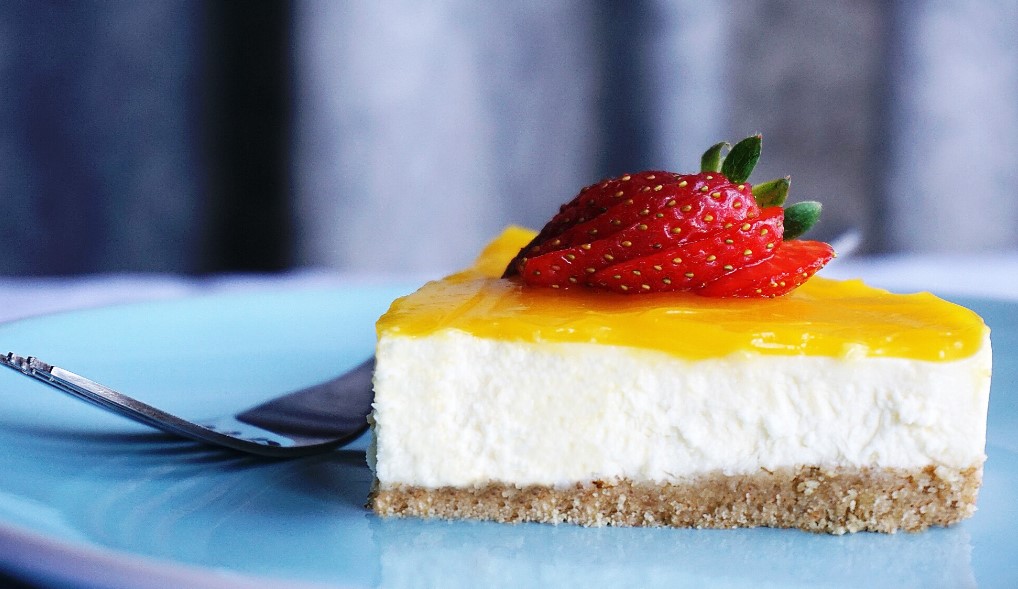Are you a fan of cheesecake as a dessert?
Cheesecake is one of those desserts that you only get to enjoy on very special occasions. Just like any other dessert, it can raise blood sugar and deliver a load of fat and sugar to your system. However, as long as you know what to look for in a good cheesecake recipe, you can still enjoy it without feeling guilty.
How can you enjoy a slice without putting your health at risk? Stay here to find the answer to your cheesecake healthy dessert.
Rich in Essential Vitamins and Minerals
Vitamins and minerals are some of the cheesecake’s health benefits. It contains vitamins A, C, D, E, K, and B6. Calcium, phosphorus, potassium, and magnesium are also essential minerals found in high amounts in cheesecake.
Vitamin A is good for vision and helps to form and maintain healthy skin and teeth. Vitamin C helps boost the immune system, while vitamins D and E act as antioxidants that protect cells from damage. Vitamin K and B6 are important for blood clotting, red blood cell production, and energy metabolism.
Calcium and phosphorus help maintain strong bones and teeth, while magnesium helps to regulate nerve and muscle function. All these vitamins and minerals help make cheesecake a tasty, nutritious snack for everyone.
Source of Protein
Cheesecakes are a great source of protein. The base of most cheesecakes is typically made up of cream cheese, eggs, and cream. All of these ingredients have high levels of protein.
The cream cheese contains about six grams of protein per ounce, the eggs contain about six grams of protein each, and the cream contains about two to three grams of protein per cup. By combining these items, you can create a rich source of protein. The crust of most cheesecakes is often made with graham crackers or similar items that commonly contain a decent amount of protein, adding even more protein to the overall dish.
Sources of Healthy Fats
Cheesecake is a delicious treat that can even provide benefits to your health. It is a source of healthy fats, including polyunsaturated and monounsaturated fats, which act like a lubricant that allows our cells to move and maintain healthy cell membranes.
Eating cheesecake can help to provide energy and maintain healthy cells in the body. It helps to prevent the hardening of the arteries, reduce bad cholesterol levels, and even lower blood pressure.
Eating a slice of cheesecake can be a great way to get these health benefits without having to sacrifice flavor. It is also important to make sure that you are not consuming too much unhealthy fats. Look for a recipe with 0 or low sugar content; this will help reduce the amount.
Try using fewer full-fat ingredients, such as cream or butter, and opt for lower-fat versions instead. Opt for fruit as a topping rather than sugary syrup and sauce as a healthier option. If you’re interested in a healthier version, learn to make this cheesecake.
Enjoy More Cheesecake Healthy Options
If you want to enjoy some cheesecake, know that certain recipes are low in sugar, high in fiber, and loaded with vitamin D and calcium, you can’t go wrong. Recipes with cheesecake healthy options can surely satiate your cravings.
Try making your own with whole wheat graham cracker crust and low-fat cream cheese. Give it a go today and enjoy a healthy cheesecake!
If you find this article helpful and want to read more great content, check out our other blogs now.

